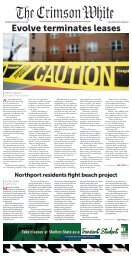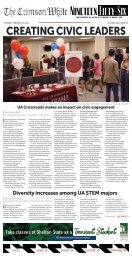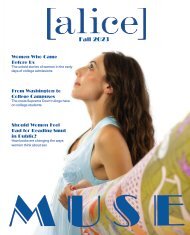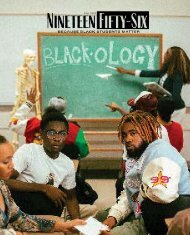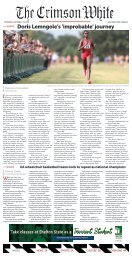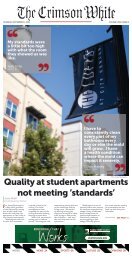Nineteen Fifty-Six Vol.4 Issue 2
Our latest magazine issue, Rooted, delves into the complexities surrounding the black family and the stigmas that often accompany conversations about it. From generational trauma to stereotypes perpetuated by the media, we examine the challenges faced by black families and the resilience and strength that bind them together. However, Rooted also celebrates the beauty and richness of black family life and culture, showcasing the love, unity, and traditions that make these families truly unique. Join us as we explore the multifaceted narratives of the black family and honor their history and heritage.
Our latest magazine issue, Rooted, delves into the complexities surrounding the black family and the stigmas that often accompany conversations about it. From generational trauma to stereotypes perpetuated by the media, we examine the challenges faced by black families and the resilience and strength that bind them together. However, Rooted also celebrates the beauty and richness of black family life and culture, showcasing the love, unity, and traditions that make these families truly unique. Join us as we explore the multifaceted narratives of the black family and honor their history and heritage.
You also want an ePaper? Increase the reach of your titles
YUMPU automatically turns print PDFs into web optimized ePapers that Google loves.
Redefining<br />
Family<br />
Jermaine Ball<br />
Since the 1960s, the nuclear family structure<br />
has been viewed as a mother, a father and their<br />
children living under one roof.<br />
However, as this structure declined because of marriage<br />
and economic stability, there has been a growing<br />
recognition of alternative familial structures, single<br />
parent/guardian households or chosen families within<br />
the LGBTQ+ community.<br />
About 80% of single parents experienced discrimination<br />
and certain groups, including Black single parents and<br />
single parents of color, face additional layers of stigma<br />
and discrimination, according to a single parent rights<br />
2020 survey.<br />
Often, the nuclear family structure has been used to make<br />
single-parent households, especially people of color, feel<br />
inadequate. Contrary to that narrative, they are resilient<br />
examples of adaptability and strength.<br />
These households often emerge from various<br />
circumstances, including divorce, separation, or just<br />
personal choice, and should be celebrated for the unique<br />
strengths they bring to family dynamics.<br />
Christopher McIver, a single father of four, said that the<br />
challenge of being a single father is when you see your<br />
child’s development.<br />
“When it comes to my 4-year-old, his mom not being<br />
there, what that has caused me to have to be is softer, as<br />
they describe it,” McIver said. “I can’t just rule with this<br />
iron fist, so to speak, all the time. It has to be, you know,<br />
a little more cushion.”<br />
McIver encouraged single parents to be willing to have<br />
tough conversations with their children, as it is a pivotal<br />
part of all healthy parent-child relationships.<br />
“Don’t shy away from those conversations because those<br />
are the conversations that will actually make or break a<br />
bond between the parent and child,” McIver said. “Not<br />
just talking in those conversations, but listening to your<br />
child, hearing what they have to say.”<br />
Members of the LGBTQ+ community often must define<br />
what family means to them when they are ousted from<br />
their family.<br />
Even when traditional families are accepting and<br />
understanding, the unique challenges faced by individuals<br />
within the LGBTQ+ community force them to form their<br />
own families.<br />
These spaces can look like support groups, adopted family,<br />
friends, or even organizations like True Colors United,<br />
which helps to combat homelessness among LGBTQ+<br />
youth.<br />
LGBTQ+ youth are at a 120% higher risk of experiencing<br />
some form of homelessness, according to a 2023 study<br />
from the National Network for Youth.<br />
“There are a lot of queer and [transgender] youth<br />
especially that maybe have experienced rejection from<br />
their families,” said Kahlib Barton, the Chief Program<br />
Officer of True Colors United. “So, they’re looking for<br />
those systems of social support.”<br />
LGBTQ+ spaces serve as more than just a support<br />
network; they become much-needed sources of guidance,<br />
empathy, and shared understanding in a world that may<br />
not always recognize or validate the diverse experiences<br />
of their community.<br />
“I think it’s very important to be just mindful that everyone<br />
needs somebody,” Barton said. “Whether you define that<br />
16







